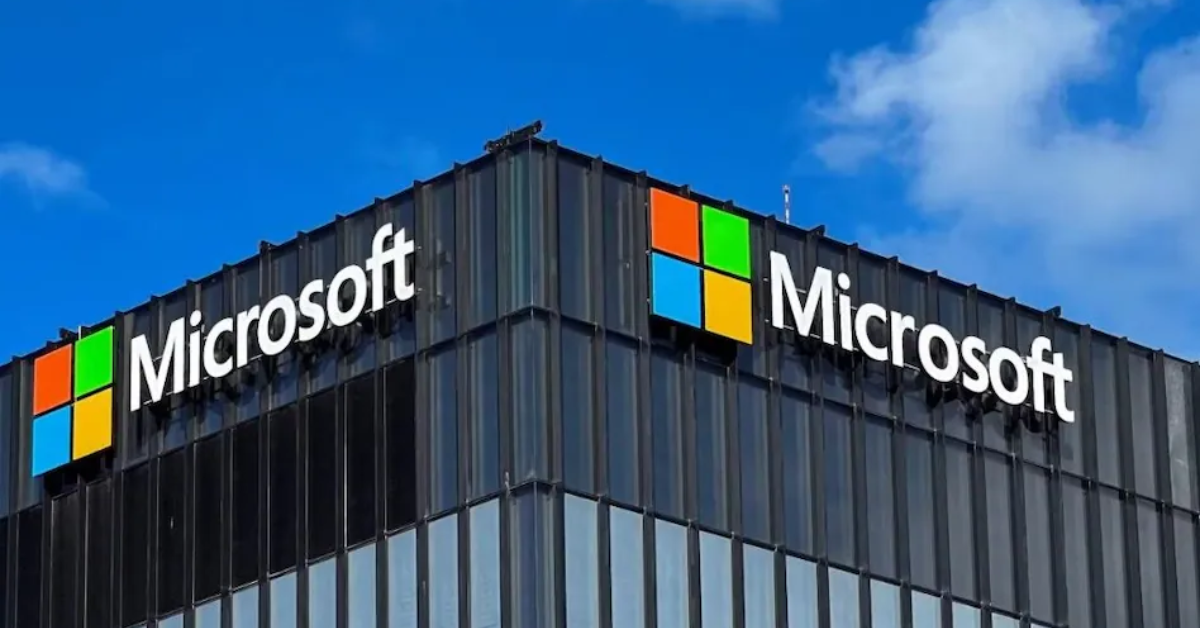Key Points
- Microsoft’s New Venture: Microsoft Corporation is set to launch its own online store for mobile-game consumables in July, aiming to challenge the dominance of Apple Inc. and Google in the mobile gaming market.
- Accessibility and Inclusivity: Unlike Apple and Google’s closed ecosystems, Microsoft’s store will be web-based, ensuring accessibility across all devices and countries. This move emphasizes inclusivity and allows gamers to seamlessly transition between consoles, computers, and mobile devices.
- Strategic Approach: The store will initially feature Microsoft’s own games, such as Candy Crush Saga, with discounts on in-game items. Later, it will open its doors to other game publishers, promising a diverse range of offerings.
- Regulatory Landscape: Recent regulatory changes, such as the European Union’s Digital Markets Act, have paved the way for tech companies to establish direct-to-consumer web stores, bypassing the fees imposed by Apple and Google.
- Competitive Dynamics: Microsoft’s entry into the mobile gaming market comes amidst intense competition and ongoing battles over digital storefronts. Epic Games Inc.’s Project Liberty campaign, which challenged Apple and Google’s control, serves as a recent example.
In a bid to shake up the status quo in the lucrative mobile gaming market, Microsoft Corporation has announced its intention to launch its own online store for mobile-game consumables this July. This move positions Microsoft in direct competition with tech behemoths Apple Inc. and Google, whose app stores currently dominate the landscape.
The browser-based store, set to debut with Microsoft’s flagship titles, promises discounts on in-game items associated with popular games like Candy Crush Saga. The announcement came from none other than Xbox President Sarah Bond, who unveiled the plans at the Bloomberg Technology Summit on Thursday.
What sets Microsoft’s venture apart is its accessibility. Unlike the closed ecosystems of Apple and Google, Microsoft’s store will be web-based, ensuring it is accessible across all devices and countries. Bond emphasized, “This web-based store is the first step in our journey to building a trusted app store with its roots in gaming.”
The decision to eschew an app-based model underscores Microsoft’s commitment to inclusivity, allowing gamers to seamlessly transition across consoles, computers, and mobile devices without being tethered to a single ecosystem. Furthermore, the store will eventually open its doors to other game publishers, promising a diverse array of offerings.
This strategic move by Microsoft comes at a pivotal moment, as the company seeks to assert its presence in the ever-expanding mobile gaming market. Despite lagging behind competitors in this arena, Microsoft’s recent acquisition of Activision Blizzard, the powerhouse behind Candy Crush and Call of Duty, has positioned it for a formidable entrance.
The timing is ripe for such disruption, especially in light of recent regulatory developments. The European Union’s Digital Markets Act, which came into effect this year, has paved the way for tech companies to establish direct-to-consumer web stores, circumventing the hefty fees imposed by Apple and Google.
Indeed, the tech industry has been embroiled in a battle over digital storefronts since 2020, when Epic Games Inc., the creator of Fortnite, launched its Project Liberty campaign. Epic’s bold move to offer discounts on its own website led to its expulsion from Apple and Google’s app stores, sparking a series of lawsuits alleging monopolistic control.
As the gaming landscape continues to evolve, Microsoft’s foray into mobile game distribution promises to be a game-changer. With its commitment to accessibility, diversity, and innovation, the tech giant is poised to reshape the future of gaming for years to come.
Last Updated on Friday, May 10, 2024 9:56 pm by Ankur Srivastava



![Indian Startup Weekly Funding Roundup [5 May – 11 May, 2024]](https://startupupdates.in/wp-content/uploads/2024/05/Startup-news-5-96x96.png)